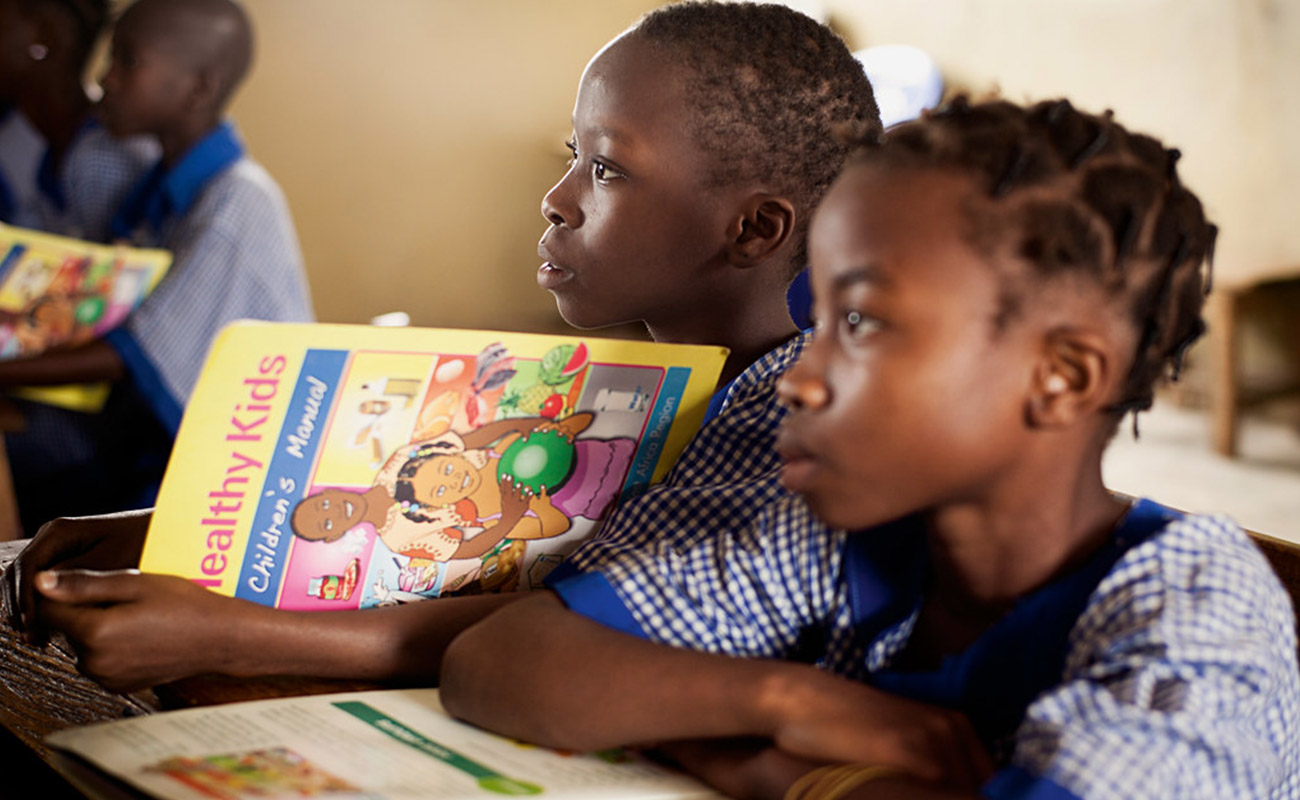
By Assam Francis & Tolu Amos
Developed societies that have thrived and continue to progress have made exponential investments in education. From the quality of education delivered to robust funding in research and development, these investments have driven growth in critical sectors such as healthcare, agriculture, security, and infrastructure, ultimately boosting employment and reducing crime rates.
The reverse, unfortunately, is the case in Nigeria, a country with a population of over 200 million and a steadily declining education sector. According to a report by the United Nations International Children’s Emergency Fund (UNICEF), the number of out-of-school children in Nigeria is estimated at over 10.5 million. This reality has had a profound impact on society, as the country continues to witness a troubling rise in criminal activities.
Out-of-school children are particularly vulnerable to being recruited into criminal gangs, participating in cybercrime, and joining extremist or terrorist groups. With criminality on the rise, analysts and observers have suggested that many of the individuals involved in such crimes have had little to no education or have experienced significant educational gaps at some point in their lives.
This perspective underscores a clear correlation between educational decline and the growing wave of criminality in Nigeria.
The Nexus Between Declining Education and Criminality
The connection between the decline in education and the rising wave of criminality in Nigeria is becoming increasingly evident. As education systems weaken and millions of young Nigerians remain out of school, a dangerous vacuum is created, one that is quickly filled by crime, violence, and extremism.
Children and youth without access to quality education face limited opportunities for personal and economic growth. Lacking the structure and hope education offers, many become vulnerable to manipulation by criminal gangs, armed groups, and extremists. In many northern Nigerian communities, young boys roam the streets instead of attending school, risking involvement in theft, drug trafficking, cybercrime, and other illegal activities to survive.
The marginalised almajiri system in northern Nigeria leaves Quranic students with little to no secular education. Almajirai often beg on the streets to survive, making them highly vulnerable to exploitation and recruitment by gangs or extremists. The lack of formal education and economic opportunity deepens their hardship.
The effects of educational neglect do not stop at the individual level. Entire communities feel the impact as uneducated youth contribute to the growing insecurity that plagues towns and cities. When a large segment of the population is not in school, it increases unemployment, widens inequality, and fuels frustration. These factors are all major drivers of criminal behaviour.
Breaking this cycle requires urgent investment in the education sector. When children are educated, they are empowered. They are more likely to find decent jobs, contribute positively to their communities, and reject the path of crime.
Reasons for Declining Education in Nigeria
Nigeria has faced challenges with criminality, terrorism, and extremism, and a weak educational system is often cited as a contributing factor.
Poverty is a major cause of educational imbalance in Nigeria. Many families cannot afford school-related costs like uniforms and books, even in public schools. Some, especially those who don’t value Western education, keep children out of school. Instead, children are pushed into petty trading or street hawking to help their families survive.
Another factor is the inconsistency in policy implementation. Successive governments have often abandoned promising education policies once new administrations take office. Even when good policies exist, they are rarely implemented due to a lack of trained personnel and inadequate monitoring and evaluation systems. Despite the free and compulsory education policy, millions of children remain out of school.
Poor funding is another significant issue. Nigeria allocates only about 6 to 7 percent of its annual budget to education, which is below the UNESCO recommended 15 to 20 percent. Northern states fare even worse, with less than 10 percent of state budgets dedicated to education. This financial neglect severely limits their ability to support meaningful educational development.
Many public schools in northern Nigeria are in a state of disrepair. Classrooms often lack doors, windows, or even roofs. Libraries and laboratories are poorly equipped or non-existent. According to a 2022 UNICEF report, 75 percent of classrooms in northern Nigeria are in poor condition, with some accommodating over 100 students, far beyond the recommended 30 to 40. Such poor learning environments lead to low academic performance, teacher dissatisfaction, and high dropout rates.
Religious and cultural factors also contribute to the region’s educational challenges. Many parents, especially in rural areas, are reluctant to invest in girls’ education due to traditional beliefs or fear of dishonouring the family. Western education is sometimes viewed as a threat to Islamic values, leading to its rejection in favour of Qur’anic schooling. While these Islamic schools offer spiritual and moral instruction, they often do not provide basic literacy, numeracy, or vocational training.
Way Forward
As the saying goes, “A people who are uneducated may not know how to turn down criminal offers.” Educating the population is essential to reducing criminality, especially the kind rooted in ignorance and lack of opportunity.
To address the imbalance, the government must strengthen and consistently implement education policies. There is a need for well-trained and committed personnel to monitor and evaluate the education system. Equally important is increasing the education budget, which will help improve learning environments and motivate teachers.
The government must also focus on the economic development of the northern region. Areas such as infrastructure, job creation, and vocational training must be prioritised. By reducing poverty through economic empowerment, families will be in a better position to support their children’s education and break the cycle of illiteracy and insecurity.
Lastly, community engagement is crucial. Local leaders and religious figures must advocate for the importance of education, helping to dismantle cultural barriers and build trust. By developing programs that combine both secular and Islamic curricula, Nigeria can offer a holistic education that respects local values while equipping students with essential skills for the modern world.
